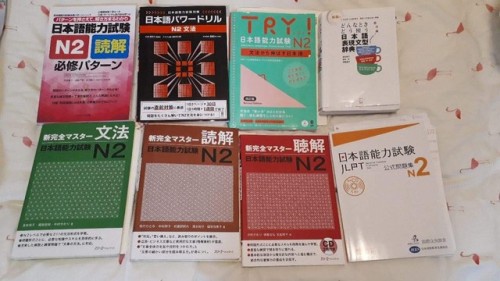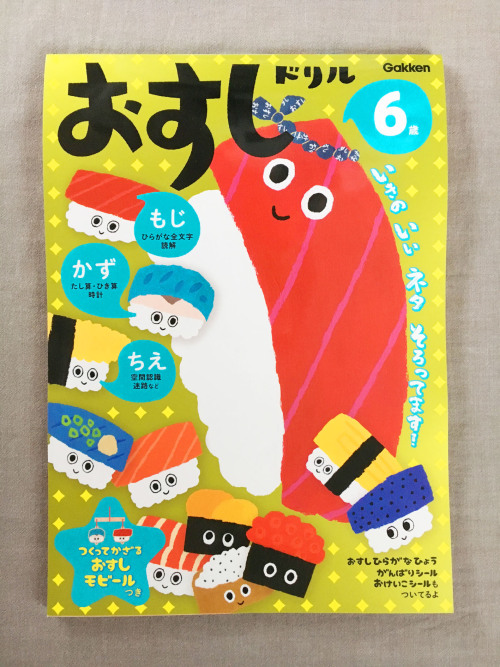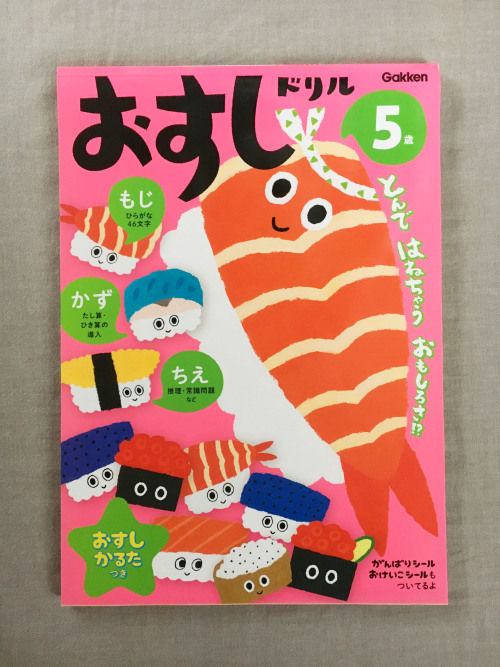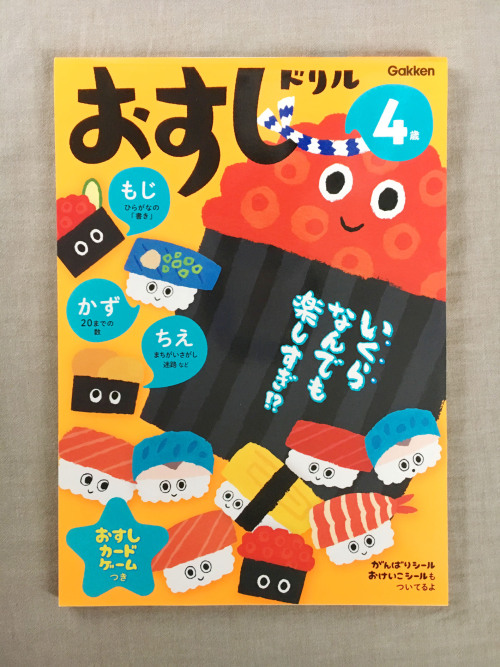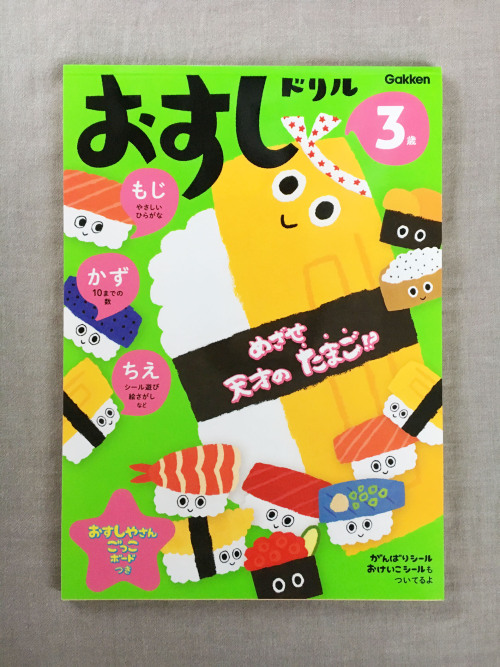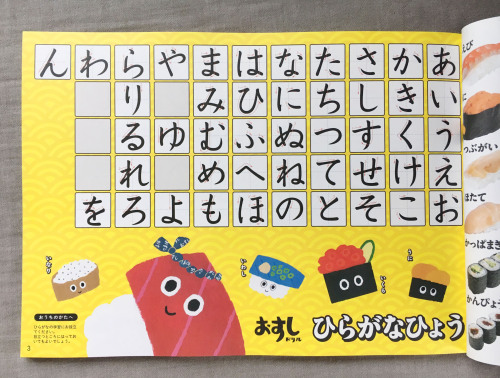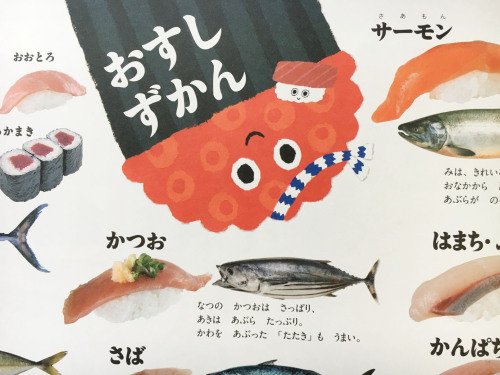#勉強
Should have posted this earlier, but these books helped me the most with passing N2 in July. Hope this helps if you’re unsure of which language books you want to use
Post link

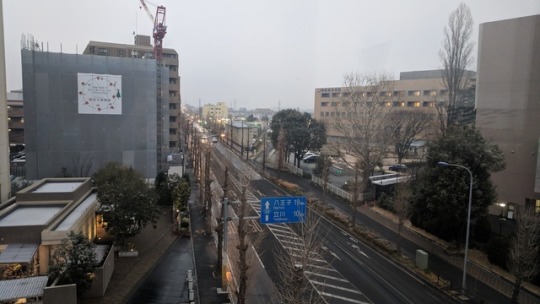
2019/02/11
- Went to Tokyo to look for apartments
- Only ate a third of my 駅弁 before we got to Kyoto from Osaka
- Bullet Train is the big zoom
- Went through three different real estate agents
- First one was very professional, nice tie, nice watch
- Second couldn’t have cared less about me
- Third one was the big daddy of apartments in the area
- Maid cafe. Somehow I’m a regular now
- How did my life come to being a maid cafe regular?
- Shopping in Harajuku
- You always find what you want in Harajuku
- Maccas for dinner
- Back in the land of funny accents
2019/02/06
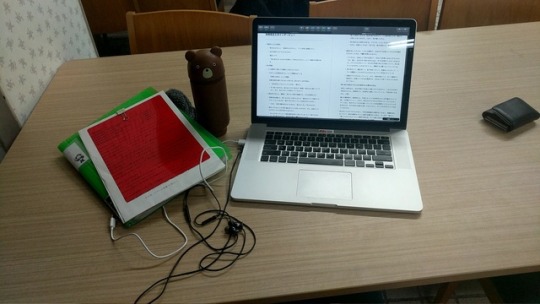
- Endured feedback on my report draft
- Cried in the library
- Met up with an old mate from England
- Started compiling notes from my interview with the professor/Buddhist Monk
- Sometimes you realise how far you’ve come in language learning
- One day you can’t remember which version of “hello” and the next you’re debating whether or not AI can have religion with a monk-professor
- Monk-professor said if my research continues, he’ll be interviewing me in ten years
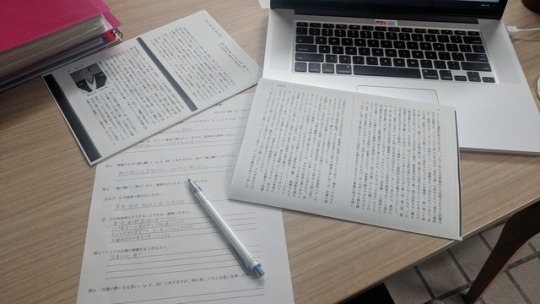
2019/02/04
- Got bread from the bakery on their last day
- Finally got a Japanese phone number
- Somehow I survived about a year without one
- Finished classical Japanese homework
- If you want funny anecdotes about a sassy Japanese noblewoman, 清少納言’s (Seisho Nagon) 枕草子 (The Pillow Book) is the read for you
- Finished 漢文 (Kanbun) homework
- Confucius does indeed say
- Finished reading homework (pic related)
- Planned out a trip to the capital
- Ya boi’s gettin that Bullet Train magic
I’d like to briefly (turns out I lied, it’s fairly detailed) explain how I got to the point where Japanese grammar patterns are just part of life and I don’t really think about them. The most straightforward guides are Kanzen Master and Tae Kim.
That being said most Japanese textbooks will probably cover most of the grammar from N4&5. Everyone seems to like Genki, I’ve never touched it but it’s probably good.
Kanzen Master 新完全マスター
That’s it, really. My Japanese teacher at my language school in Japan literally photocopies pages out of these books.
Make your flashcards as you read the book and do practice questions. Go to Google, type the grammar pattern + grammar and japanesetest4you will come up. Read those sentences, make your own and get them checked by someone (post them somewhere like HelloTalk) and then realise how pointless every grammar pattern past N3 really is when they tell you a more natural way of not using that grammar pattern.
Also, get some Anki decks.
Pay close attention to how things connect.
What verb conjugation has to come before? Can nouns connect? How to change words? Does nominalisation occur? What does 普通形 mean?
The first question in each multiple choice section in Kanzen Master tests your 繋がり so it’s probably important. Sentences often give away what grammar patterns they will use.
For example, if I gave you the question「お前しか____だろう」
- わかる
- わからない
- わかろう
You know it’s gotta be ⑵ because ない always comes after しか。In pretty much every grammar guide these will be written down so get those highlighter engines running!
So that’s basically how you pass N1.
Pay attention to what kind of nuance the grammar has
Some grammar points can only be used when something happens due to the speaker’s intent(意志的行為), some can only be used when things happen of their own accord(自発). Some can’t be used when the speaker and the agent are the same and so on. Kanzen Master has these nuances written down below so again, get those highlighters going!
Make it easy for yourself
Kanzen master is written in Japanese so learning the words that are used to explain other words is a good move. For example, “verb, negative form” would look like 「ない形」or 「否定形」and then instead of “ない but without ない,” you could just say 「未然形」now learning is slightly more convenient and your notes will be cleaner.
There are a lot of grammar patterns that use the same words, 「わけ」「限り」「こと」「もの」「よう」など are the common enemies. Make sure you can easilytell the difference. Take your time and really learn these. As a test, try to explain them to someone else. Try to pick up on the commonly used phrases within each of those widely used words. That helps heaps.
UseSRS! Programs like Anki and WaniKani will do this for you. Now you take way less time to learn a lot more!
書き・硬い言葉 vs 話し言葉
Some grammar patterns are really useful in real life but sound odd if you were to write them in an essay
In witness whereof the parties hereunto have set their hands to these presents as a deed on the day month and year hereinbefore mentioned.
If anyone said this to you, you’d probably think it’s a joke.
The grammar patterns that are onlyused in either context will be marked as 硬い or 話し言葉. Similarly, there are some patterns that you would only use in certain contexts. Political speeches, advertisements, Japanese customer relations. This will be written as a warning but in fine texts at the bottom of each grammar pattern. You know the drill, highlighters! Maybe a different colour this time.
Be aware of what is not used in real life
When you try out your cool new grammar patterns in real life and people don’t react, that’s when you know you’ve got it right. That, or people won’t tell you when you’re wrong. Both are equally likely.
If you’re not sure, ask your friendly resident Japanese person if it’s 言うed. This’ll be edging more into speaking territory but be aware of how Japanese people use (or not use) the grammar that you’ve learned.
People love studying grammar - my thoughts
I get it, there’s formulas and you’re either right or you’re wrong. It’s easy to measure progress cause last week you were on 2課 and now you’re on 4課. And fair enough, the bulk of what you need for JLPT is grammar patterns.
However, if your goal is to pass the JLPT then maybe consider adding another goal but if not, then sure, stick to grammar.
If you wanna do uni in Japan then you’ll need N1
If your goal is to get better at Japanese, then put more time into something like learning 敬語 (respectful language) or making friends with Japanese people. I recommend, for starters, learning the N5 and N4 (I’m not sure but Genki probably covers most of these?) grammar patterns as fast as you can and then allot more of that energy into human connections while studying N3 grammar. Don’t rush into N2 grammar, they’re not used enough to warrant going in head on.
As for N1, being able to recognise the patterns is enough, don’t worry about being able to use them.
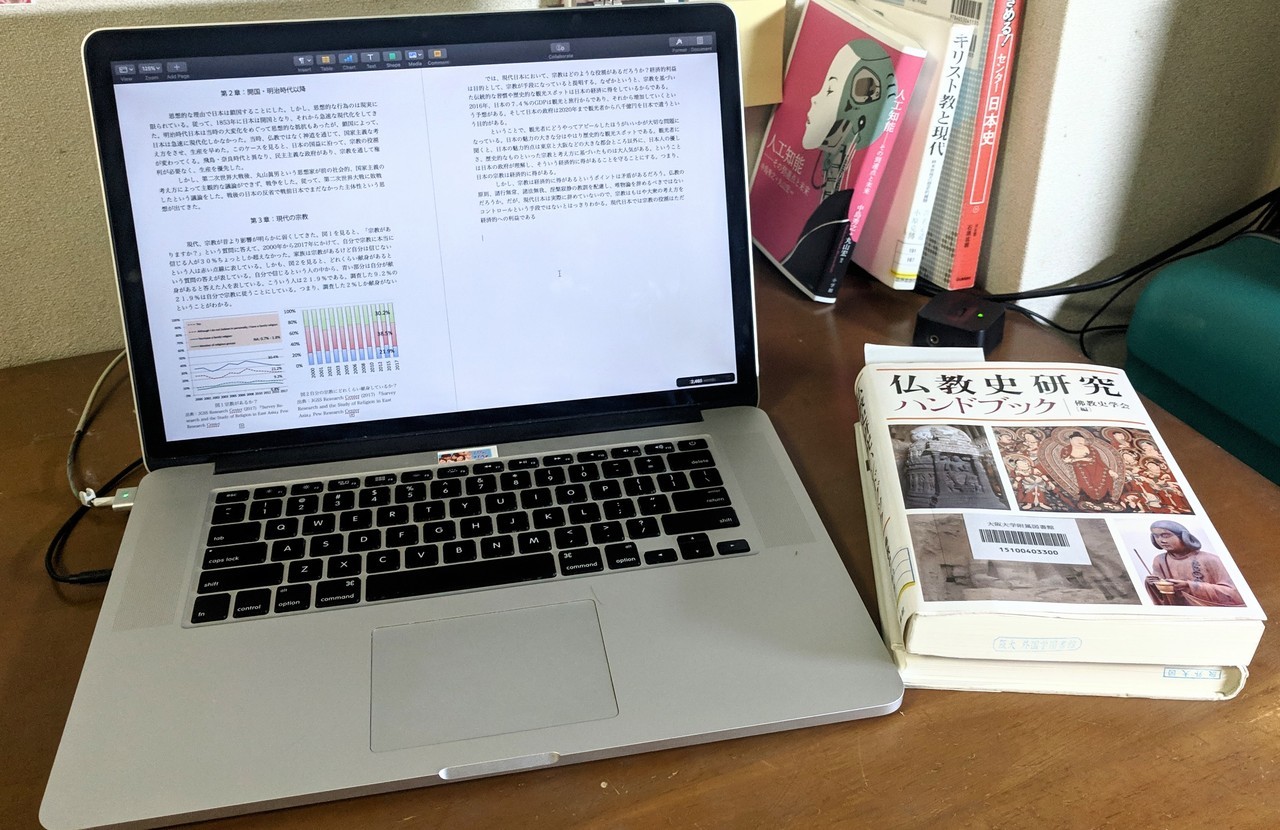
2019/01/29
- Did a presentation on my report
- Did better than I expected but I expected to do horribly so I at least did slightly better than that
- Locked down an interview with my culture teacher, who also happens to be a Buddhist monk
- Paid those bills
- Made good headway on my report
- Realised I can’t be sarcastic and self deprecating if I actually did my work
- Invited that girl who’s way too good at languages to a party and she said yes
- Things are turning out great today
- Realise there’s a quiz tomorrow that I didn’t revise for
And she’s really good at languages. Mind you, I live in an international student dorm in a foreign languages university campus so I shouldn’t be so surprised, but here I am still wondering how she got this good.
I was hanging out with my Thai and Korean friends. We all speak Japanese cause that’s the common tongue even though everyone speaks English and in she walks, Japanese girl, speaking Japanese, nothing out of the ordinary until she speaks Thai to the Thai people and then Korean with the Koreans.
It’s not just your everyday self-introduction that anyone can get fluent in, in just about any language after about 2 and a half days of watching Youtube tutorials, we were talking aboutstuffin Japanese and then when the person she was talking to didn’t know the word for free-market capitalism (how many of us know these kind of words in our own language anyway) she would just switch to their bloody language.
Now I just have to let you know, since I am so humble about my Japanese ability that she had no reason to speak to me in English. But she did. I had asked what year of uni she was in, “yeah I’m a freshman”, what is a freshman?
Pictures of the Old-Spice guy and various other hygiene commercials flashed inside my head before I concluded that this probably meant first-year cause y’know, it’s got a freshin there but while I was working this out I must’ve had a weird look on my face because then she laughs, gives me a slap on the arm and says, “no, I’m actually a junior”. if freshman is first year, what the shit is a junior?
So now I’ve concluded, if I want to look like a well-learned Japanese learner I should just learn a different dialect or something. I guess it’s a good thing I live in Osaka. Also that maybe I’ve put all my eggs into the Japanese learning basket and not enough into literally any other language. Then again, I like Japan.
PS Meeting cute girls has a miraculous effect on your motivation.
PPS Maybe I just have a thing for girls that are good at languages, what does that say about me??
I’d now like to briefly explain how I got to the point where kanji is no longer and issue when I use Japanese. I don’t by any stretch of the imagination know anywhere near enough kanji to call myself a kanji expert, but you don’t need to be. Having a strong understanding of the 常用 kanji will get you a lot further than knowing obscure kanji that you might run across in a kanji game show or a novel from the Meiji Era.
How to read kanji
Once you’ve got the hang of how kanji radicalsandreadings work (on-yomi and kun-yomi) it’s best to start learning as many of the common kanji as you can. I used a website calledwanikani, it costs a bit but when you consider you will learn and remember over 2000 kanji it’s a real steal! Not to mention all the vocab you learn from it (10,000ish?). You won’t learn how to handwrite the kanji. If that’s an issue for you, write the kanji along as you go, or find a plugin that will make you handwrite. Or stop having it be an issue.
No one knows how to read names so don’t worry about that until you have to worry about it.
Writing the kanji
In my experience learning how to read and type has been much more practical than taking the time to learn how to write. Unless you’re going to take tests where you have to handwrite kanji (which admittedly a lot of us do), don’t bother. We live in current year where you don’t really have to write and when you do you almost always have access to your phone.
If you do want to learn how to handwrite, pay attention to radicalsandstroke order. When Japanese people talk about kanji they will use the radicals, I’d take the time to learn their Japanese names so that when you say 「どっちやったっけ?」and the nice lady in front of the counter says 「人偏…」you will look like a person who knows what they’re doing, not to mention the convenience of not looking it up on your phone despite the lady telling you how to write it.
Learning and looking up new kanji
Google Translate has a handwriting and a picture taking tool, making it very easy to look up kanji that you see in the wild and don’t know the reading for. Then you can copy and paste that into your dictionary app and boom, you can read anything. My personal dictionary of choice on my phone isJsho, it shows pitch accent and you can look up other words with the same kanji.
Everyone hates Google Translate? Google Translate works, trust me. If you just look up individual words you rarely ever get a wrong answer. And if you’re gonna be putting it into your dictionary anyway, you’ve got nothing to worry about.
Some thoughts on kanji
I hate kanji. A lot of people like kanji, I don’t know why. If we didn’t have kanji class, I could take another speaking class, or report writing class or literally anything else. I’ve met a lot of Japanese learners that think that get real up on their high horse cause they know kanji. Don’t be that guy, just learn your kanji and then realise that Japanese 9 year olds still know more than you. Say humble.
Kanji is kinda useful when you don’t know a word but you know the kanji and you can kinda guess what the word means but you still gotta learn your vocab anyway so it’s really not that useful.
2019/01/26
History, it’s always history. History class keeps me hopeful for the future. One day kids will just learn about things we can’t even comprehend yet.
終章 - The final chapter
辿る - たどる to follow (road), to pursue (course), to follow up
めく - to show signs of
テーゼ - thesis; statement
啓蒙主義 - けいもうしゅぎ; illuminism, enlightenment
連携 - れんけい cooperation; coordination; link
文明 - civilisation; Bunmei era
万能 - ばんのう all-purpose, almighty, omnipotent
打撃 - だげき 1. blow, shock, strike, damage, 2. batting (baseball)
終焉 - しゅうえん demise
かげり - shadow or cloud over one’s happiness
思潮 - しちょう;trend of thought
皇国 - The Japanese empire
史観 - historical view
抵触 - ていしょく conflict (with the law)
丹念 - たんねん diligence, application
実証主義 - じっしょうしゅぎ positivism
排外主義 - はいがいしゅぎ; anti-foreign
対外 - たいがい external/foreign
侵略 - しんりゃく aggression; invasion; raid
依拠 - いきょ dependence
様相 - ようそう aspect
化身 - けしん incarnation; impersonation; personification; avatar
為政者 - いせいしゃ statesman
蔓延る - はびこる to spread; to run rampant; to grow thick; to become powerful
権化 - ごんげ incarnation; avatar
疑念 - ぎねん;doubt
脱構築 - だつこうちく deconstruction (Jacques Derrida)
助長 - じょちょう;promotion
蠢く - うごめく; to wriggle; to squirm; to crawl like a worm
ユダヤ - Judea
従軍慰安婦 - じゅうぐんいあんふ;comfort women
先述 - せんじゅつ The aforementioned / above-mentioned
実証 - じっしょう actual proof; demonstration
担保 - たんぽ security; collateral (mortgage)
君臨 - くんりん;reigning, controlling, to reign, to dictate, to control
趣向 - しゅこう a device; a plan, an idea
新機軸 - しんきじく;innovation; new departure; milestone; breakthrough
隠蔽 - いんぺい concealment; suppression; hiding
白日 - bright sunshine; broad daylight
嶋 - island [alternate]; territory of an organised crime gang
力作 - りきさく; literary or artistic masterpiece (on which much labour was spent) (labor)
自虐 - masochism
侵撃 - しんげき; invading and attacking
真摯 - しんし;Sincere/Earnest
紛争 - ふんそう dispute, trouble, strife
2019/01/25
I’m always a little taken aback when I see a very ugly kanji, looking at you, 編纂, sometimes I wish no one would ever have to learn kanji, imagine how far we’d be into the language if there wasn’t any kanji!
This week in reading class we got an article about the history of Christianity in Japan, always an exciting topic!
教母 - godmother; religious sponsor
端緒 - a clue; start; beginning
弥治郎 - やじろ
郷里 - きょうり birth-place, home town
手違い - mistake てちがい
船中 - on board
改宗 - かいしゅう religious conversion
洗礼 - baptism
帰途 - on the way back
山々 - Mountains
やまやま 説く - とく to explain
叶える - かなえる to grant (request wish)
旺盛 - full of vim and vigor おうせい
聖なる - holy
種々 - くさぐさ variety しゅじゅ
洗者 - せんしゃ
待望 - たいぼう long-awaited
上陸 - じょうりく landing, disembarkation
被昇天 - Assumption of the body and soul of Mary into heaven
大祝日 - だいしゅくび
布教 - ふきょう missionary work; propagation
福音 - ふくいん gospel
宣教 - せんきょう religious mission; religious proclamation
後人 - こうじん future generations
習得 - しゅうとく learning; acquisition
精通 - acquaintance; having knowledge; being expert; being versed in; conversant
玄義 - キリスト教で,神によって啓示され,人の知識だけでは理解しがたい信仰の奥義をいう。
福者 - カトリック教会が生前の聖徳を認めて死者におくる敬称。
敬称 - title of honour
合致 - がっち agreement, concurrence, conforming to
専念 - せんねん dedication
来朝 - らいちょう arriving in Japan; visiting Japan
説教 - せっきょう preach; sermon
卑近 - ひきん;simple
初歩 - しょほ the basics
訂する - ていする; to correct
公教 - Roman Catholicism
要理 - かなめ vital point
文典 - grammar
編纂 - へんさん compilation; editing
各種 - かくしゅ every kind, all sorts
不滅 - ふめつ immortal; undying; indestructible
光芒 - こうぼう; beam of light
推定 - すいてい presumption, assumption, estimation
How I learned Japanese - Speaking
I’d like to briefly explain how I got to a point where I can take Japanese university classes in Japanese without too much of a language issue.
This post will be about speaking, probably the most fun and rewarding part of learning a language is when you don’t realise you’ve been speaking a language you weren’t raised into. Questions are always welcome! 愚問がない!
Speaking
Actually speaking Japanese is the best way to learn how to speak Japanese. If you don’t live in Japan it might be more difficult but even back in my hometown I was able to find friends and people to talk with though language swap, tutoring and so forth. I had the most success with “HelloTalk” and even after not using it for over a year, I still talk with the friends I made there. Mimic what and how Japanese people say things and step out of your comfort zone
Pronunciation
I can’t stress how important it is to learn proper pronunciation. You will feel so much better about speaking if you know how to say what you’re saying. Knowing proper pitch accent is made all the more important with Japanese since there are so many homonyms in Japanese. Pretty much every Japanese learner at some point said something the wrong way and the message got lost entirely. The best resource that I’ve found in terms of practicality is made by “Dogen”.
Just today I said the word 意外 but with the pronunciation of 以外 and had I not known that pitch accent exists, I would not have been able to quickly correct myself
I highly recommend recording yourself speaking and listening to it back, if you immediately cringe at hearing yourself, do it more. I’m know that people hating the sound of their own voice is a real thing but, getting used to hearing yourself talk and identifying things that sound very non-Japanese-like and improving on them will get you so far. Pleaserecordyourself.
A Few Thoughts on Speaking
Japanese learners are notorious for their ability to read and write but not being able to put a sentence together when speaking. And then when we do speak, it sounds like we’re reading off a script. Speaking isn’t tested in the JLPT which is probably a big reason that not many people learn it. Please learn how to converse in Japanese
JLPT N3 Grammar - いったい
Are you using it right??
We jump back into JLPT N3 grammar with いったい - translated as anything from “What on EARTH?!” to “What the f–?!” - but is it really that strong? And does anyone even say it??! Find out in the next 4 minutes…
————-
Welcome to Benkyogo!
In our ぶんぽうご Real Japanese Grammar series, Nani and Mani are deep diving into the textbook grammar required for the JLPT, throwing out the stuff you’ll never use, and teaching you how to speak authentically whilst expressing your own personality.
⭕️ You WILL:
- Understand grammar in real life context- Be told when and where to forget the BS - Get to listen to 2 random people free-talking about Japanese grammar
❌ You WON’T:
- Sound boring when talking to your Japanese friends - Say anything rude to your Japanese boss - Speak like you’re fresh outta your favourite anime
We don’t claim to be experts, we’re just 2 Japanese speakers (one native, one second language) chatting about the DO’s and DON’T’s of Japanese grammar in the 21st century. Keep up, textbooks!!
————-
Check out https://benkyogo.co.uk/for detailed hints, tips and resources to self-study Japanese.
⛩Check out our store at https://www.etsy.com/shop/benkyogo
Welcome to Benkyogo!
- - - - - - - - - - - - - - - - - - - - -
Links mentioned in this video
CSS Template: https://pastebin.com/n6BUFaWy
Gradient Generator: https://cssgradient.io/
Free Stock Photos: https://www.pexels.com/
Benkyogo Blog Post: https://tinyurl.com/y73eg45f
View this template working on the mobile Anki app: https://imgur.com/gallery/NPJSfPc
Benkyogo Store: https://www.etsy.com/uk/shop/Benkyogo
- - - - - - - - - - - - - - - - - - - - - -
⛩ Visit Benkyogo.co.uk for more ways to learn Japanese
Welcome to Benkyogo!
- - - - - - - - - - - - - - - - - - - - -
Links mentioned in this video
Read the blog post here: https://tinyurl.com/yc42l87a
- - - - - - - - - - - - - - - - - - - - - -
⛩ Visit the Benkyogo blog for more ways to learn Japanese!
https://www.benkyogo.co.uk/

宿題は苦手だから小説を読もうと思いましたww
勉強垢の私が宿題や勉強はちょっと苦手なんて意外ですね

ベッドで小説を読んでいますー。今のところはすごく面白いので読み耽ります!!何ページをめくったか分からなくなるぐらい面白くて読みふけっちゃいますww。この小説のタイトルはかがみの孤城なんです。まだ読んでるけど是非読んでくださいね。読みやすくてキャラクタたちは面白いだと思います。さらに主人公の過去は悲しいですよ(´Д⊂ヽ。他のキャラクタの学校へ行かない理由と過去を知りたいだから読み続けます。
午前1時31分
間違えがあったら教えて下さい!修正してくれた方にいつもありがとうございます

アマゾンで購入した本がやっと届きて読むのが待ちきれない〜。
The things I bought finally came ʕ•ٹ•ʔ. Can’t wait to read both of them. Especially the art book


Was checking bookstore if they added anymore new japanese books but seems like not much has changed. Though I was interested in the 日本語表現練習帳 book. That aside, today was really nice. only around an 1hr of school, went home with my friend then went out again to the bookstore.
How’s everyone been doing? Any progress in TL or life?


N2文法を勉強し始めました!
The beginning of N2 grammar


こんばんわー!
今日は絵を描くやる気が出てきたからいくつかの絵を描いてみました

これは勉強の日課です。勉強をしていたらこのアプリで勉強時間を登録します。Flip studyというアプリです
小説を読むこと: 15m
文法と漢字: 1hr
心理学: 30m
単語: 20m
This is my study routine. If I’m studying, I input the amount of study time I’ve done.
Reading novels: 15m
Grammar + Kanji: 1hr
Psychology: 30m
Vocab: 20m

ファニエスト外語学院というの番組が凄く面白すぎてハマってますww。腹が痛くなるほど笑いすぎましたぁぁ
この番組については日本語を学ぶ初心者が日本へ来て、日本の行儀とか文化などを習うなんです。でも日本語しか喋れませんw。
I’ve been addicted to a show called “The funniest language academy” since it’s so funny and interesting. I laughed so much my stomach hurt.
This shows basically about beginner/ amateur japanese learners that go to Japan and learn things like etiquette in places, culture or just do other fun things. But they can only speak in Japanese despite the lack of knowledge.
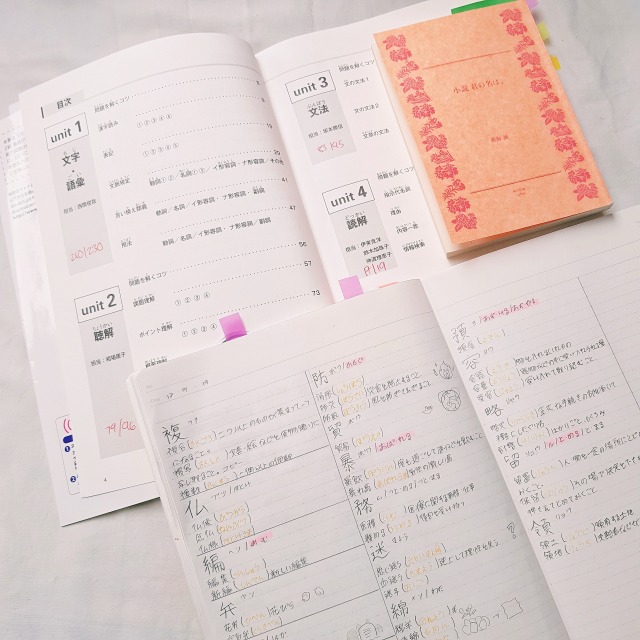
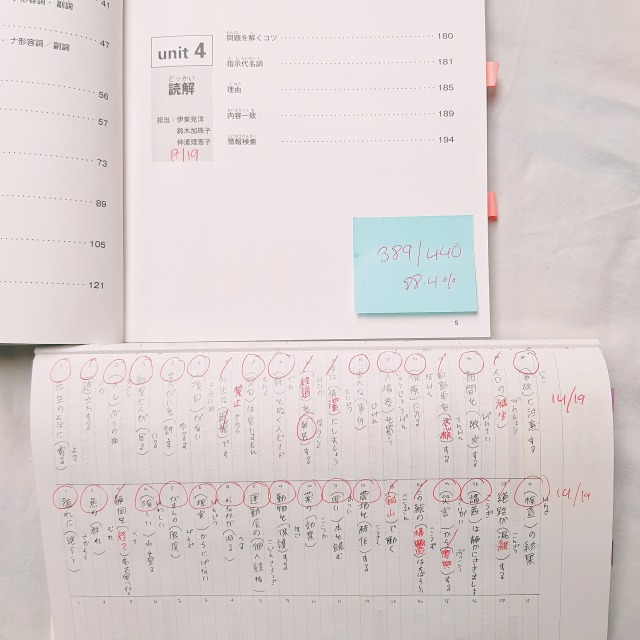
Recent things I’ve done: パターン別 book. Also finished 5th grade kanji so I’m doing mini tests for it (and others as a review). The kanji are getting harder to remember so i best be reviewing them everyday… hopefully aaaaaaaa Tbh i retained most of them by reading a lot instead of reviewing. It’s a good way but since not all come up in books i forget quite a few. That’s why i need to review em now rip
やっとパターン別というの教科書をし終えた!5年生の漢字も勉強をし終えたからクイズをするつもりです。3,4年生の漢字もクイズをやって復習しようかと思っています。漢字は段々に難しくなっているから毎日は復習しなければとならないと思います(泣)全然楽しみにしていませんww。


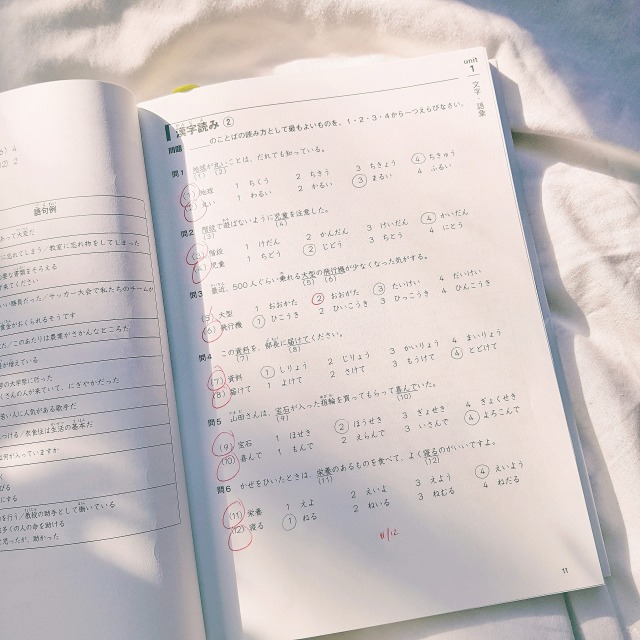
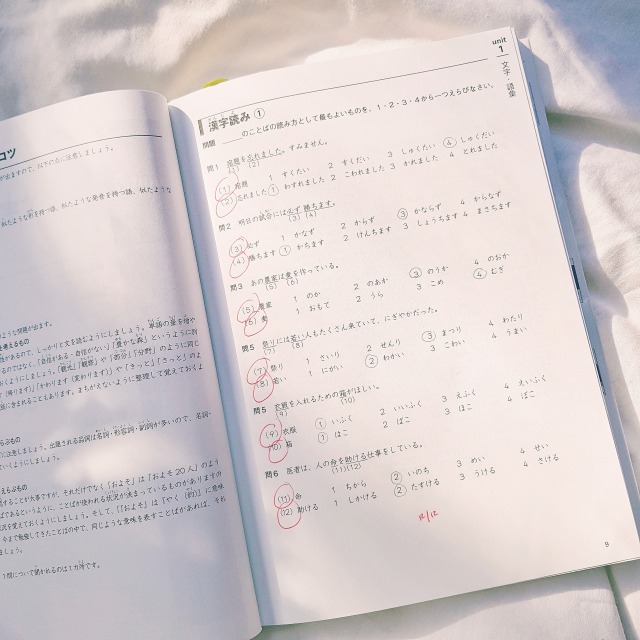
Helloooo~. My book finally arrived which means after I finish it and the question book of the same series, I’ll finally settle with N3 and move on. Though ofc other practice aside from that are put into place. In this book there’s a lot of questions and after a bunch of them there are minimised lessons regarding it. thick book (i like) so yeahhh not going to finish too quickly.
As for 三日間の幸福 (novel which i finally finished) it was indeed difficult in terms of vocab and kanji but everything else was fine for me. I took a lot of time on each page searching for words i didnt know/ couldnt read and putting it into anki. Butttt it was rewarding in the end. The bits I liked were the relationship build-up of クスノキ and ミヤギ, looking into their past, seeing what would happen between him and his childhood friend etc. Also the concept (of selling lifespan) was just interesting . Though there were parts I couldn’t understand properly, it was still a nice read. I would say that this is more appropriate for N2 and above students tho. unless youre like me who wants to drown in unknown vocab and kanji : D

